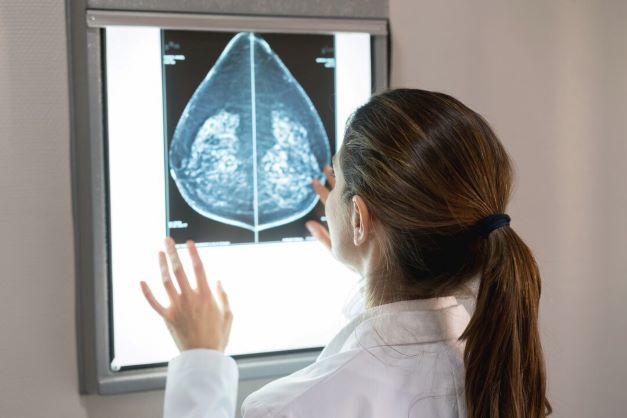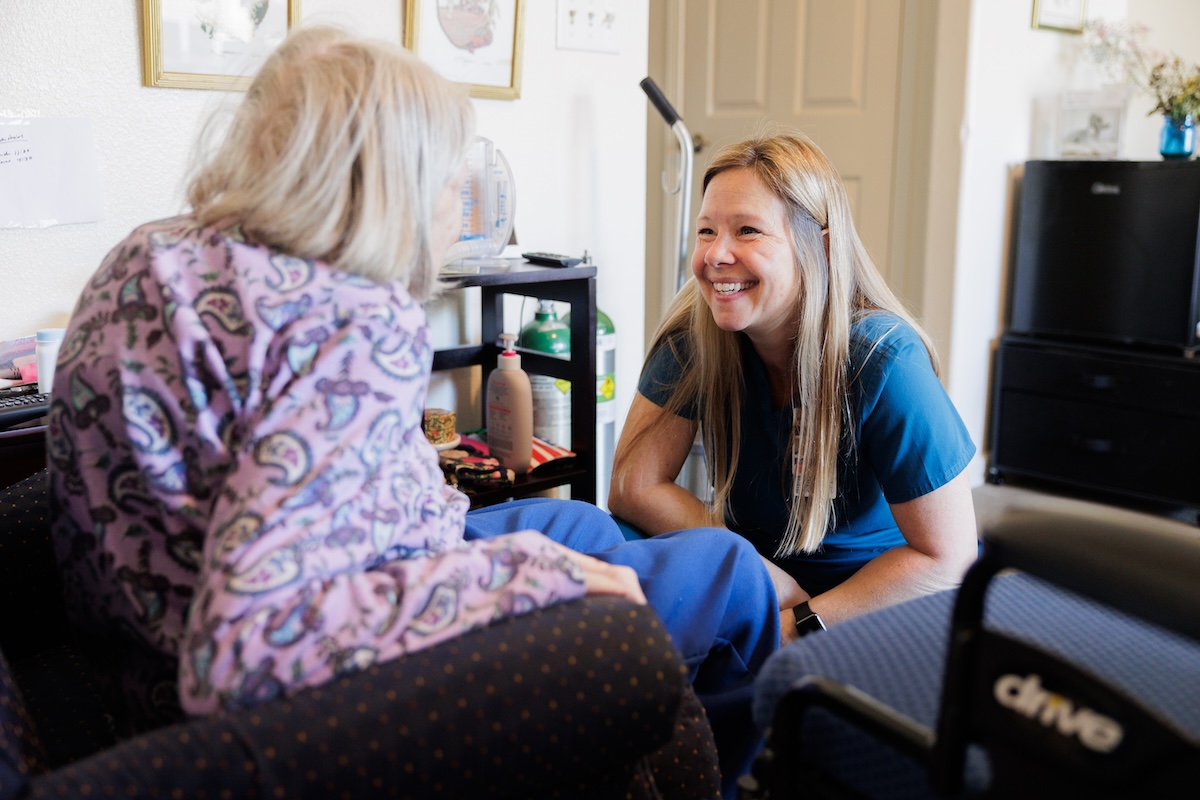Health & Wellness
Breast Cancer Screening: What You Need To Know
Jun 6, 2022

The risk of breast cancer is real —1 in 8 women will develop it during their lifetimes — but with early detection through annual screening, the disease is treatable and survivable. Before screening even starts, it’s important to understand your individual risk.
Breast cancer risk and breast density play a role in determining the best screening plan for each patient. A mammogram will likely be effective for someone with normal breast density, but additional imaging may be required for someone with increased density. Your healthcare provider can partner with you to determine the best screening plan for you.
Regular screenings and early detection result in the best outcomes. Adventist Health providers follow the screening guidelines set by the American Society of Breast Surgeons, which are based on a woman’s risk level. Risk factors include breast density, age, family history, and personal history of breast cancer.
Average risk
Women with normal breast density should have an annual 3D mammogram starting at age 40. Women with increased density should talk to their providers about additional imaging.
Higher-than-average risk
If you have a family history of breast cancer, or if you have had chest wall radiation between ages 10 and 30, get an annual MRI beginning at age 25 and a 3D mammogram beginning at age 30. Talk to your doctor about your risk. He or she might recommend an annual 3D mammogram and MRI starting at age 35.
History of breast cancer
If you are younger than 50 with normal breast density and have had breast cancer in the past, you should have a 3D mammogram each year. If you are over 50 or have higher-density breasts, talk to your provider about getting an annual MRI in addition to your mammogram.
Navigating a breast cancer diagnosis
A breast cancer diagnosis can be frightening, but you don’t have to go through it alone, says Satinder Bains, RN, a patient navigator at Adventist Health and Rideout’s Center for Women’s Imaging.
“I’ll be there to guide you and your family through your diagnosis and care, so you never feel alone,” Bains says.
A navigator is specially trained to provide the expert support and reassurance you need throughout your care journey and can help with tasks such as:
- Coordinating your care visits
- Scheduling health tests and treatments
- Managing follow-up care


